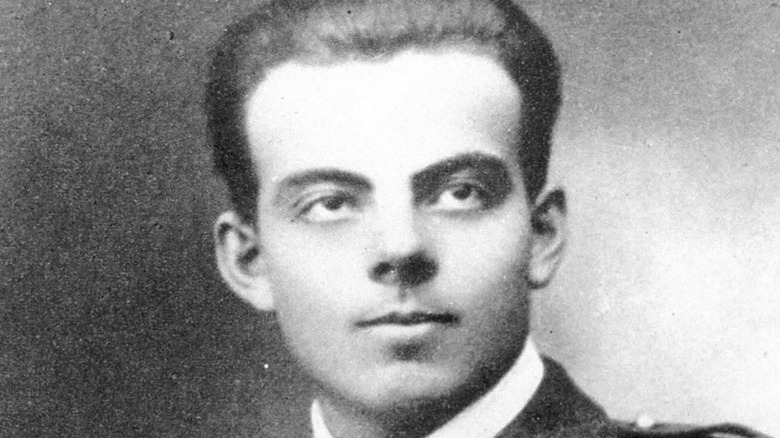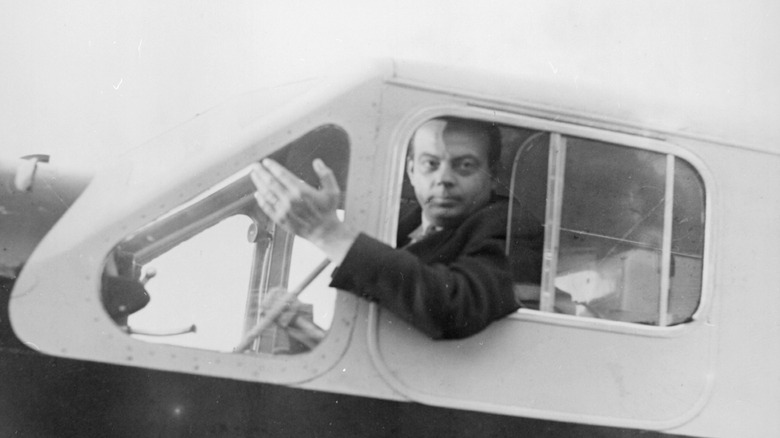The Mystery Behind Antoine De Saint-Exupéry's Disappearance Explained
Antoine de Saint-Exupéry was an author and aviator best known for his whimsical, world-famous children's book "The Little Prince," which still graces bedtimes across the planet today. The Frenchman was also an important figure in the early years of flight, being one of the pioneers of airmail routes across several continents before joining the French air force when World War II broke out (via Plane and Pilot). He flew reconnaissance missions until France's surrender in 1940, but after moving to the United States, he found himself back in the cockpit in 1943.
His time in the States was far from pleasant. Saint-Exupéry had difficulty controlling American aircraft and crashed on his second mission. Suffering from depression made worse by alcoholism and slander from Charles de Gaulle, the famous writer was seemingly in no condition to get behind the controls of an airplane when he was cleared for service again in 1944. On July 31, Saint-Exupéry took off from Corsica on what was expected to be his last mission. It was, but not for reasons anyone would have wanted: He was never seen again.
The mystery was solved in 2002
According to Ranker, three theories emerged in the aftermath of Antoine de Saint-Exupéry's disappearance, with no clues to point anyone one way or the other. The first was that he had been shot down; the second, he crashed; the third, he purposefully crashed to take his own life. All three were plausible given the danger of the war, his struggles to control the new aircraft, and his deep depression and alcoholism.
The first evidence of Saint-Exupéry's fate turned up in 1998 when a fisherman discovered a silver ID bracelet bearing the author's name. Four years later, his airplane was discovered in the ocean, with a matching serial number that confirmed Saint-Exupéry met his fate at sea. A German man named Horst Rippert claimed to have shot Saint-Exupéry down following the discovery, but no evidence of bullet holes were found to back up Rippert's claim. All that can be certain was the author crashed into the sea at high speed, leaving all three theories possible. We might never know the exact circumstances of how the man who wrote "The Little Prince" perished.

